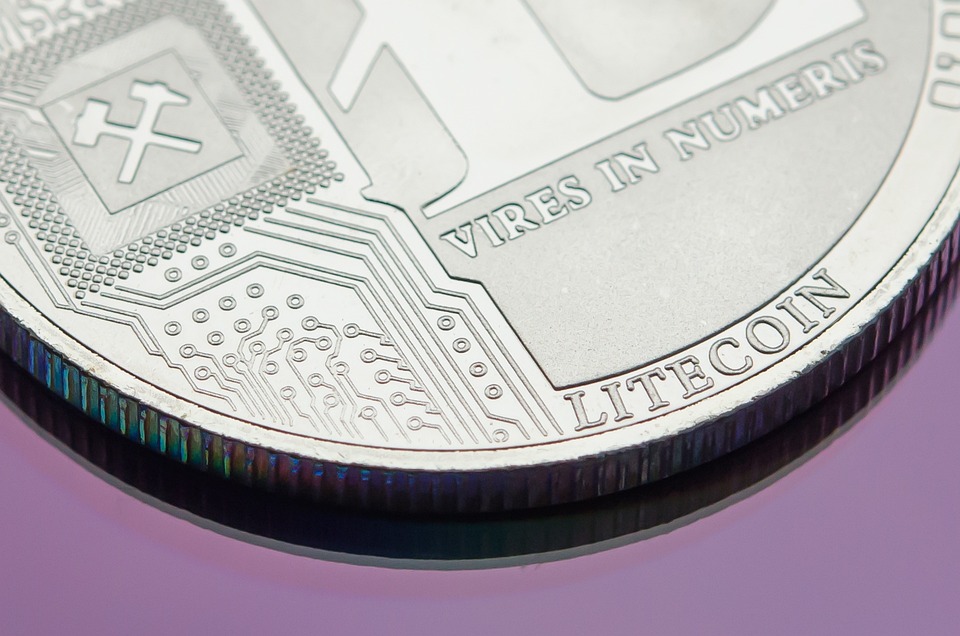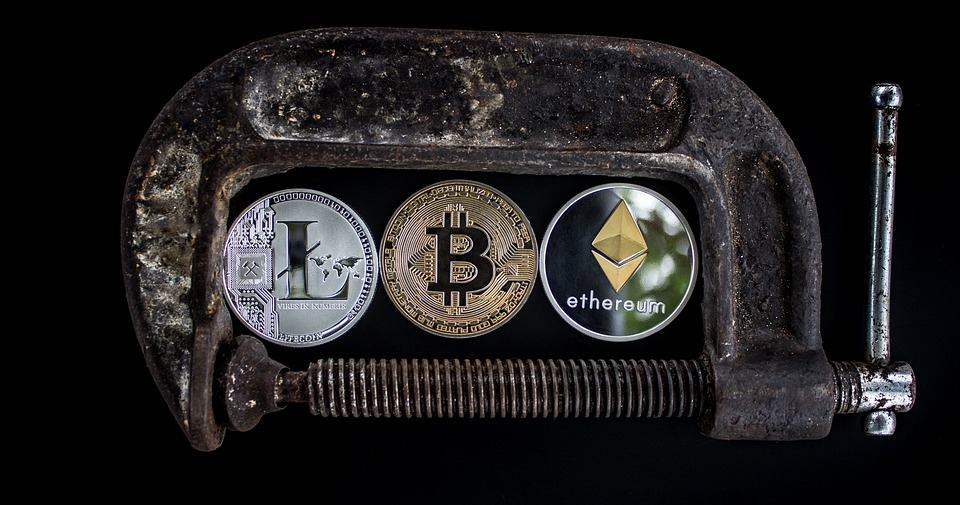Smart contracts are quickly becoming a transformative force in the world of technology and transactions. These self-executing contracts are revolutionizing the way agreements are made, executed, and enforced, promising to streamline processes, reduce costs, and increase efficiency in a wide range of industries.
Smart contracts are essentially computer programs that run on blockchain technology, which is a decentralized digital ledger that records transactions across a network of computers. These contracts automatically execute the terms of an agreement once certain conditions are met, eliminating the need for intermediaries or third parties to oversee the transaction.
The rise of smart contracts is largely attributed to the increasing adoption of blockchain technology, which offers enhanced security, transparency, and immutability to transactions. By leveraging blockchain technology, smart contracts can ensure that all parties involved in a transaction uphold their end of the deal, without the need for trust or oversight from a central authority.
One of the most significant benefits of smart contracts is their ability to automate tasks that are traditionally carried out manually, such as verifying identities, confirming the authenticity of documents, and executing payments. This automation not only saves time and reduces the risk of errors, but also allows for faster and more secure transactions.
Smart contracts are already being utilized in a variety of industries, including supply chain management, real estate, insurance, and finance. For example, in the real estate industry, smart contracts can automate the process of buying, selling, and renting properties, streamlining the transaction process and reducing the need for costly intermediaries.
In the insurance industry, smart contracts can automate the process of verifying claims and executing payments, reducing the time and costs associated with processing claims. Meanwhile, in the finance industry, smart contracts can be used to create digital assets, such as cryptocurrencies, and automate the process of issuing and trading these assets.
As smart contracts continue to gain traction, they have the potential to revolutionize the way transactions are conducted, making them faster, more secure, and more efficient. However, there are still challenges to overcome, such as ensuring the security and reliability of smart contracts, and ensuring that they comply with existing legal frameworks.
Despite these challenges, the rise of smart contracts is paving the way for a future where transactions are conducted seamlessly and efficiently, without the need for intermediaries or third parties. With the potential to transform a wide range of industries, smart contracts are set to play a key role in shaping the future of transactions.




